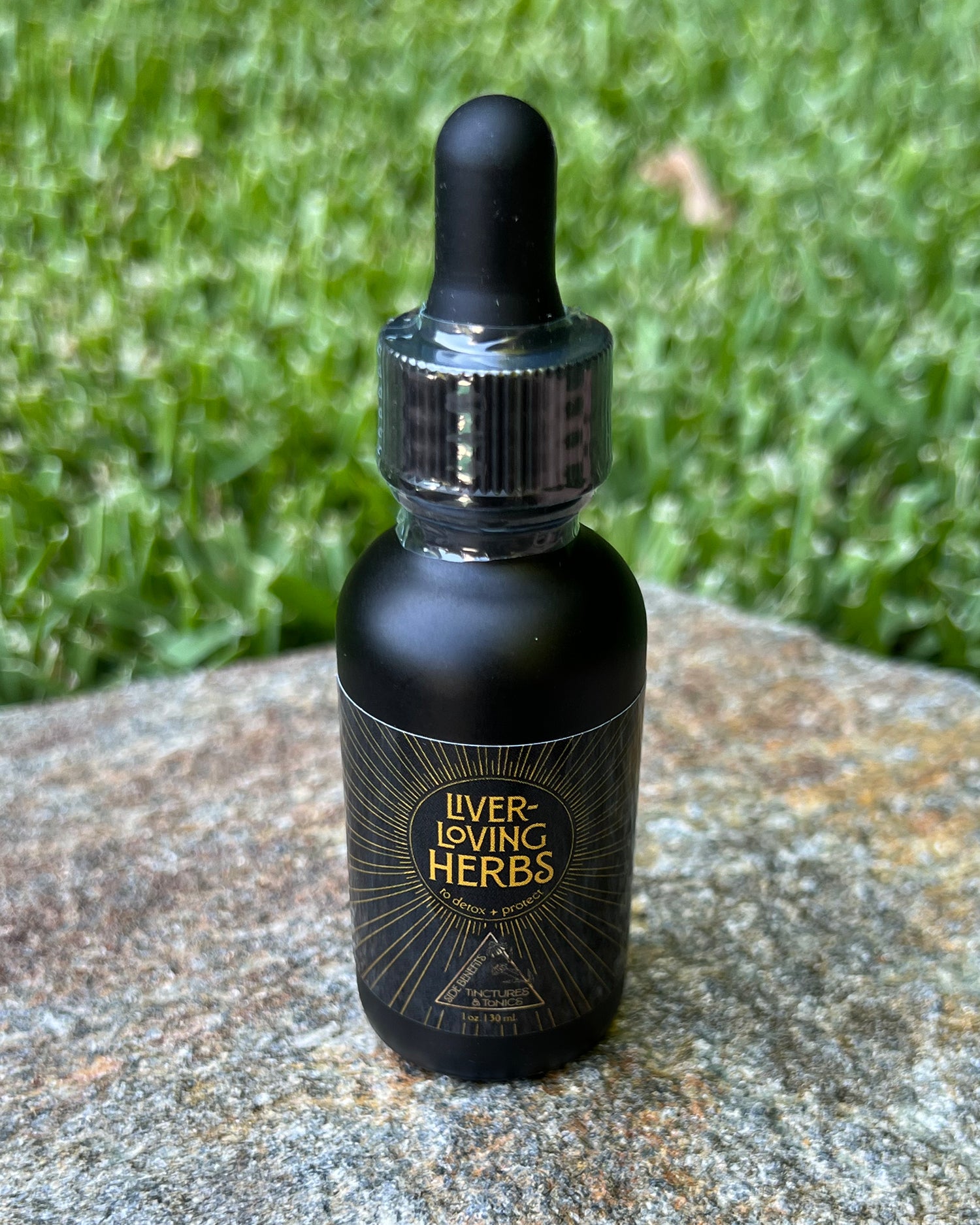As we enter perimenopause, our bodies undergo many changes, one of the most significant being the fluctuation of and decline in progesterone and estrogen levels. This decrease affects various systems in the body, including our urinary health. Many peri- and post-menopausal women experience symptoms such as urinary urgency, irritation, and a higher risk of urinary tract infections (UTIs). In some cases, even physical activities like working out can lead to leakage or discomfort due to a weakened pelvic floor. This is where Pilates comes in as a powerful ally in strengthening your pelvic floor muscles and supporting overall health during perimenopause and menopause.
Why Pilates is the Best Exercise for Pelvic Floor Health
Pilates is often hailed as one of the best forms of exercise to maintain pelvic floor strength. By focusing on controlled, mindful movements, Pilates works deep core muscles, which connect to the pelvic floor. These muscles are crucial for bladder control, posture, and stability, and as they weaken with age, exercises like Pilates help restore their strength and function.
Here are just a few of the ways Pilates benefits menopausal women:
- Strengthens Pelvic Floor Muscles ::: Pilates targets the deep muscles of your core, including the pelvic floor. As these muscles become stronger, issues like urinary incontinence and leakage during workouts can be significantly reduced.
- Increases Bone Density ::: Along with muscle strength, Pilates can improve bone health—a critical benefit for menopausal women at risk for osteoporosis. Weight-bearing exercises in Pilates help maintain and even increase bone thickness, promoting skeletal health and reducing the risk of fractures.
- Boosts Brain Health ::: Did you know that Pilates has cognitive benefits, too? Because it emphasizes coordination, focus, and body awareness, regular practice enhances brain function, helping to offset the cognitive decline that some women experience during menopause.
- Provides Stress Relief ::: As a perimenopausal woman, I can attest that this phase can bring increased anxiety and stress, so I regularly take Pilates reformer classes at dr Pilates here in Los Angeles (they also have a San Diego location) to help manage this symptom. The practice emphasizes breathing techniques that calm the nervous system, making it an excellent form of stress relief.
Pilates: Mat or Reformer?
Whether you're doing Pilates on a mat or using a reformer machine, the benefits are vast, and the movements can be modified for different fitness levels. Almost anyone can take part in Pilates, making it an accessible and effective form of exercise during this transitional phase of life.
An Empowered Approach to Menopause
Daily movement is just one piece of the puzzle when it comes to managing perimenopause and menopause. In my Make Menopause Sexy online course, I’ll help you gain a greater understanding of your hormones, digestion, weight & energy levels, and mental health. Using a combination of functional nutrition, movement practices like Pilates, and other lifestyle strategies, you can feel vibrant and in control during this time of life. Join the course to see how excited I am to empower you through this inevitable journey!
Incorporating Pilates into your movement routine is one of the best ways to address the physical and mental challenges of menopause—but if you’re looking for more tips and personalized support, book a FREE Discovery Call with me to learn how I can help you thrive from a functional nutrition perspective.






